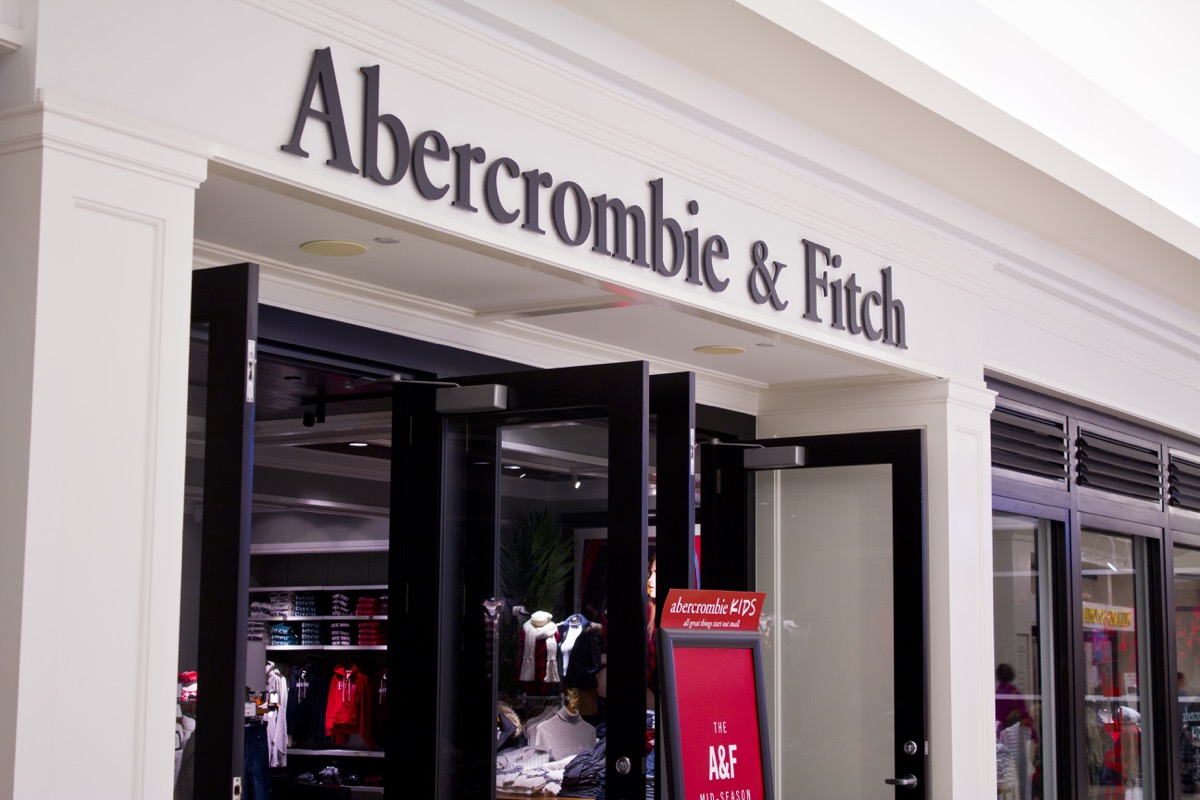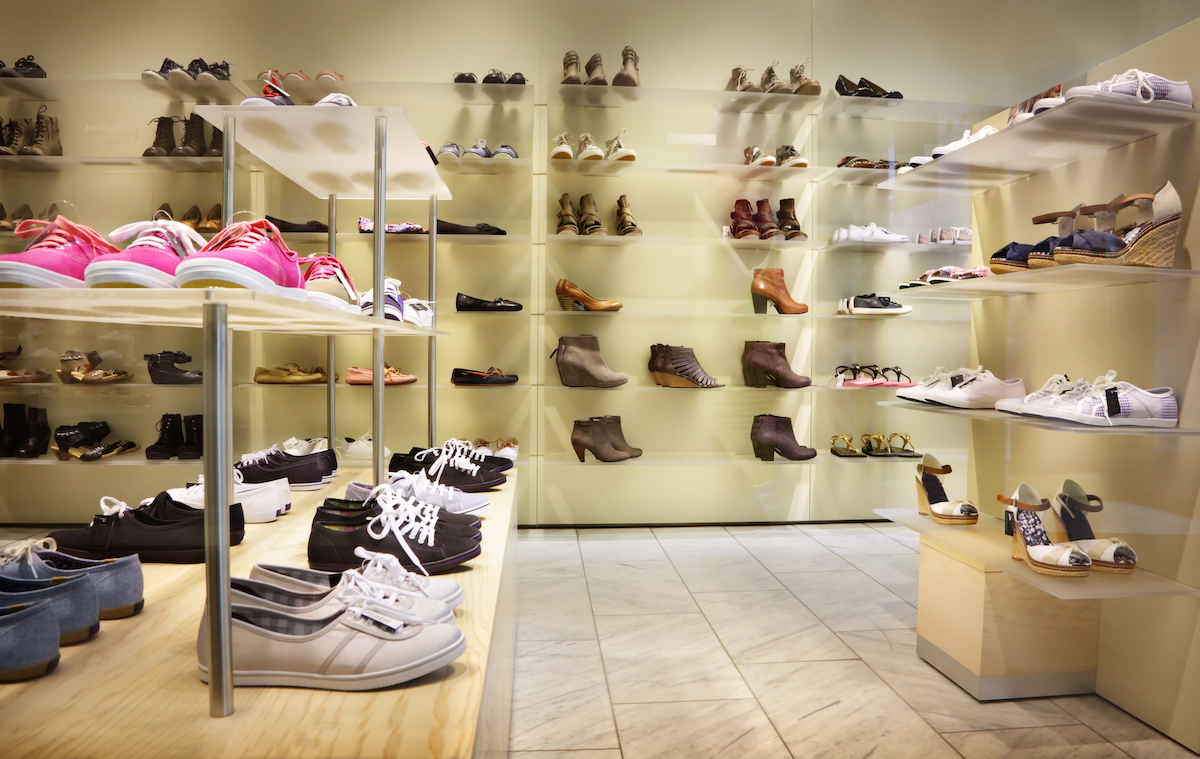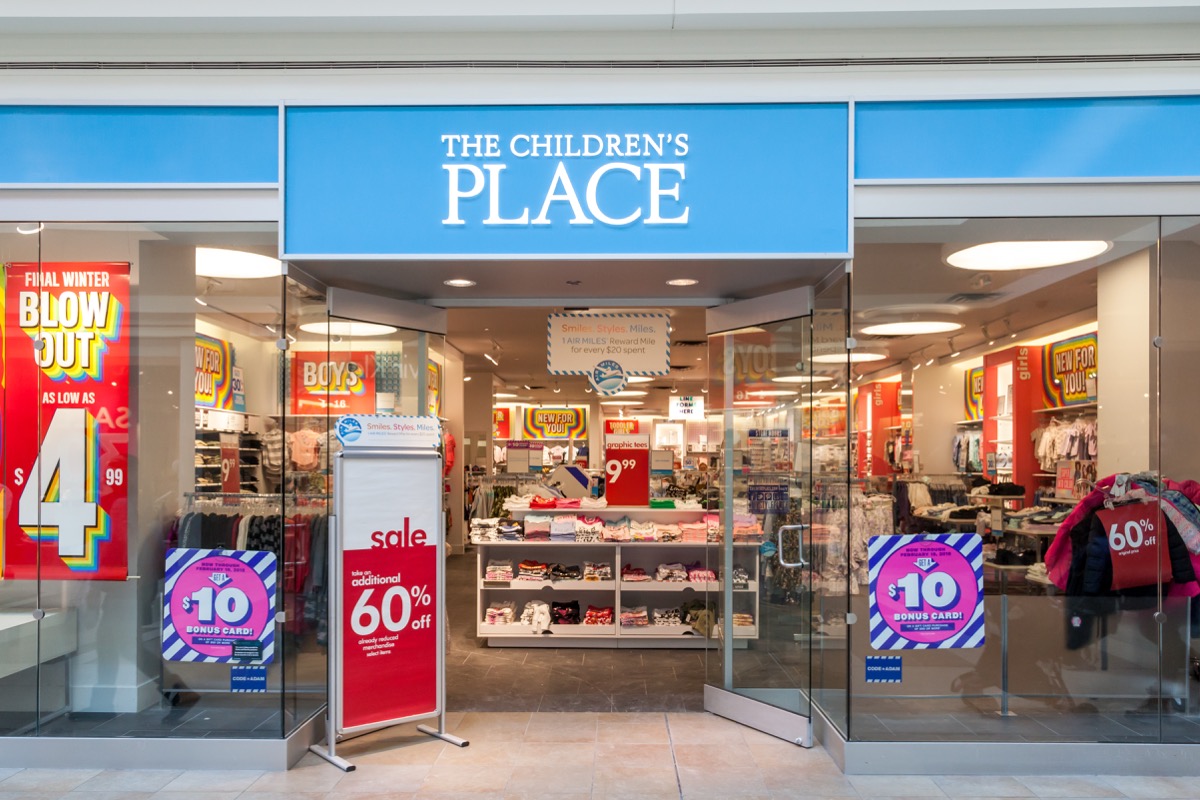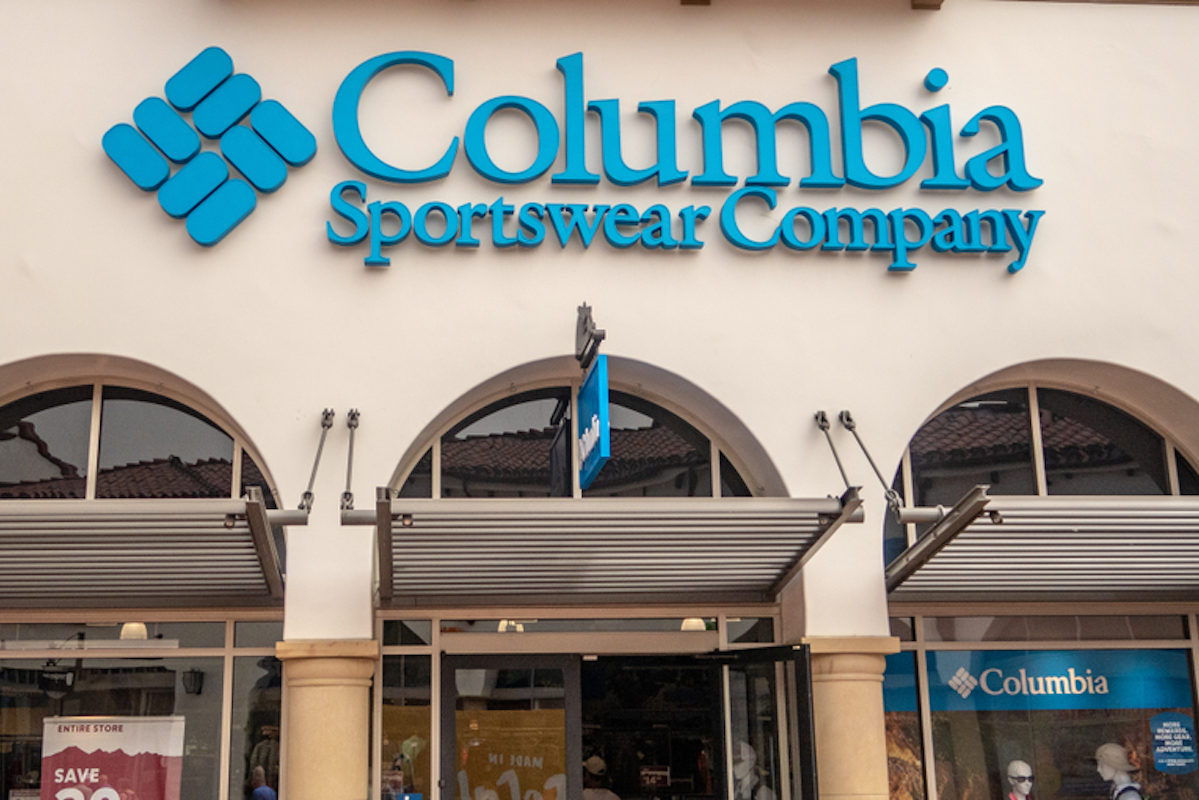This Legendary Chain Is Closing Over 1,000 Stores by March
The company's slow demise has been years in the making.

GameStop, the largest video game retailer in the world, is headed for some serious trouble. After a years-long downward spiral into debt, the company announced in a Dec. 8 presentation to investors that it will close more than 1,000 stores by the end of its fiscal year in March. This comes after the company already closed over 783 stores over the previous two years.
According to Business Insider, the gaming giant's financial decline began nearly a decade ago and hit rock bottom in 2018 after reporting an annual net loss of $485 million. In 2019, the company began a slight rebound, losing a lesser sum of $83 million. This year, with $19 million in net losses, GameStop is gaining ground on its debts—but hardly fast enough. The company recently announced that it suffered a 30 percent year-over-year net loss in sales revenue for Q3, a harsh indicator of the direction things are likely still headed.
Given the timeline, it's hard to blame GameStop's demise on the stresses and strains of the pandemic—though they certainly didn't help matters. The company reportedly began floundering in 2013, when Xbox One and Playstation 4 launched. These offered digital storefronts owned and operated by Microsoft and Sony, which allowed customers to purchase their games directly through their consoles rather than visiting a retailer in person.
GameStop was dealt a second blow when in 2016, the company invested in 1,500 Spring Mobile and AT&T mobile phone stores. "It turned into a complete disaster," Michael Pachter, a financial analyst who covers the video game industry, told Business Insider. "These stores were going to do a million apiece. So with 1,500 stores you're looking for $1.5 billion in revenue and double-digit margins. So $150, $200 million profit, and I think they got to $80 [million]. They were just never even close." From there, the debt grew.
Still, leadership remains optimistic. "We anticipate, for the first time in many quarters, that the fourth quarter will include positive year-on-year sales growth and profitability, reflecting the introduction of new gaming consoles, our elevated omni-channel capabilities and continued benefits from our cost and efficiency initiatives, even with the potential further negative impacts on our operations due to the global COVID-19 pandemic," company CEO George Sherman said in a press release.
Only time will tell whether GameStop will ultimately adapt or go the way of Blockbuster. Read on for four more megastores that have recently shuttered their doors, and for more surprising store closures, check out This Popular Clothing Chain Is Closing 140 Stores.
Read the original article on Best Life.

Reigning clothing king of the '90s and '00s Abercrombie & Fitch is closing some of its largest flagship stores by the end of Jan. 2021. These are located across Western Europe in London, England; Dusseldorf, Germany; Munich, Germany; and Paris, France. Representatives have shared that the closures are part of a new global strategy that the company had determined in 2018, and are not the direct result of the pandemic. And for more surprising store closures, check out This Iconic Clothing Chain Is Closing Its Biggest Stores.

100-year-old footwear brand Naturalizer has decided to close 133 of its stores this year, leaving just two brick-and-mortar locations in the U.S..
According to Retail Dive, the company's SVP and CFO, Kenneth Hannah, cites the pandemic as the primary cause of Naturalizer's sluggish earnings. "We went from stores that were generating [a] decent amount of revenue and obviously that reduction [in foot traffic] has put a lot of pressure on the bottom line," Hannah said. "Now is just a good time to go ahead and exit."

The Children's Place put 200 storefront locations on the chopping block this year, and they've recently announced more cuts for 2021. The company has plans to nix another 100 stores over the coming year—their response to a 22 percent drop in net sales amid the pandemic.
Company representatives say their dwindling earnings are "primarily as a result of a decrease in back-to-school sales due to schools adopting remote and hybrid learning models, along with the impact of permanent and temporary store closures." And for more on the closures of your favorite stores, check out Your Starbucks Could Be One of the 800 Closing for Good.

Popular outdoor apparel company Columbia Sportswear has decided to close a swath of stores nationwide after a 23 percent drop in revenue this year.
"While September was our strongest month of the quarter in our U.S. direct-to-consumer business, we have not seen a sustained improvement in brick-and-mortar store traffic to date," company president and CEO, Tim Boyle, said in a statement. "We anticipate traffic in these markets to remain depressed until tourism resumes," he added.





















